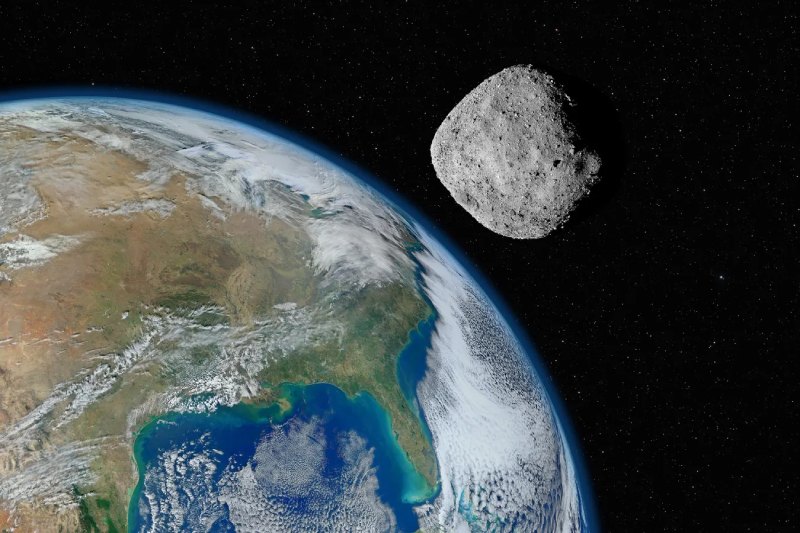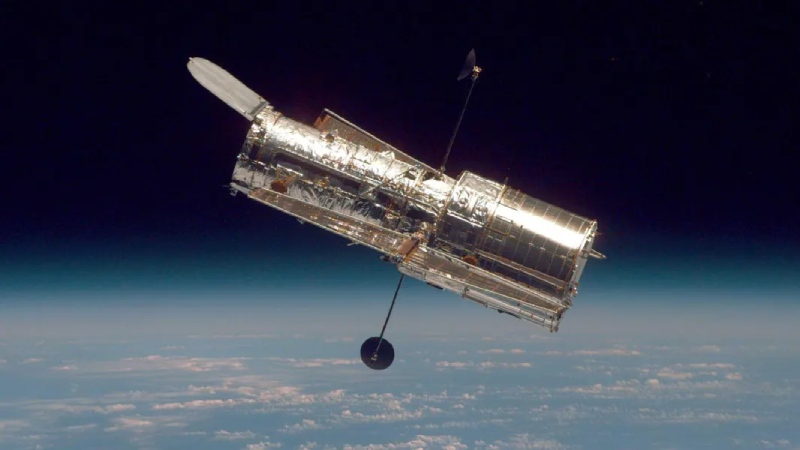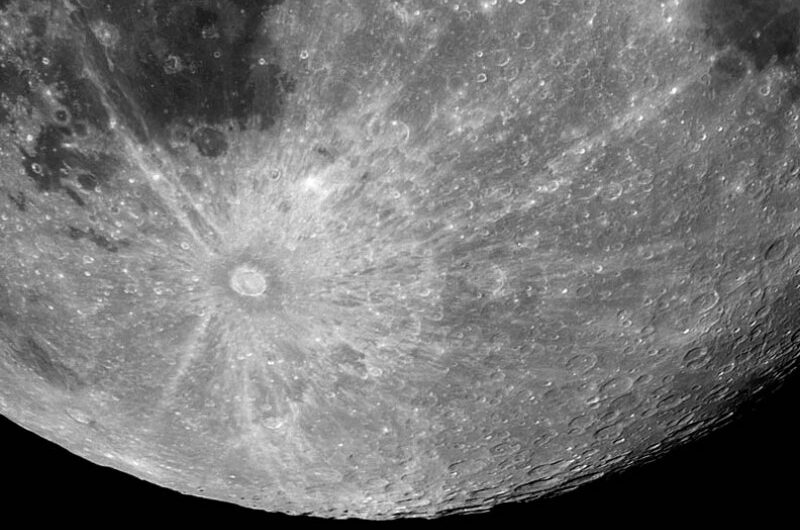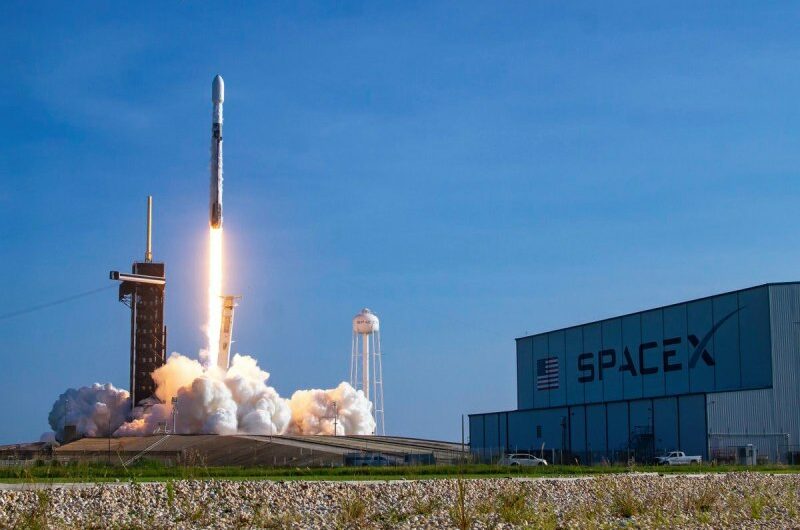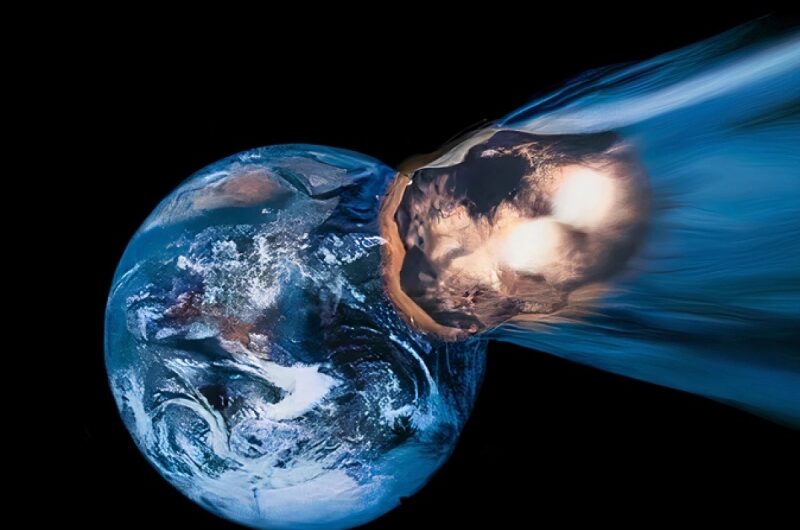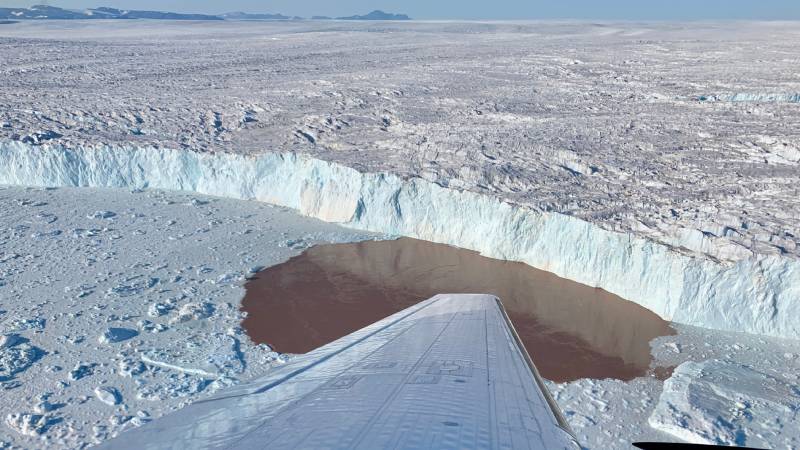According to NASA, asteroids are old space rocks that date back to the early stages of our solar system’s formation, some 4.6 billion years ago. These space rocks are mostly found in the asteroid belt between Jupiter and Mars, and they orbit the Sun. Occasionally, these asteroids’ orbits bring them within a few kilometers of Earth, an event called a “close approach.” NASA uses a number of space and terrestrial observatories to find and monitor asteroids in the sky. The space agency has announced that two asteroids will pass Earth today, November 7, at very near distances thanks to this cutting-edge technology! Be well-versed in it.
Asteroid VB2 of 2023
This space rock is currently on its way and is moving over 64884 kilometers per hour-nearly as quickly as a space shuttle! 10 times closer than the Moon, asterroid 2023 VB2 will approach Earth at a distance of only 32800 kilometers, according to NASA! For those who do not know, the Moon is located 384,400 kilometers away from Earth. This will be among the year’s closest asteroid encounters.
This space rock is a member of the Apollo group of Near-Earth Asteroids, a class of space rocks that cross the Earth and have semi-major axes that are bigger than the Earth’s. These asteroids bear the name of the enormous Apollo asteroid (1862), which was found in the 1930s by German astronomer Karl Reinmuth.
With a width of over 25 feet, asteroid 2023 VB2 is nearly as large as a vehicle.
Asteroid VD2 of 2023
According to the information, Asteroid VD2, another asteroid, is predicted to pass Earth at a distance of about 56200 kilometers-six times closer than the Moon! With its current velocity, the asteroid is moving at 29204 kilometers per hour.
Included in the Apollo group of Near-Earth Asteroids is this space rock. Measuring just 11 feet in width, it is nearly as large as a car.
Just two of the six asteroids that are currently predicted to pass Earth at close range are these two near approaches. Thankfully, none of them are expected to impact Earth.
Topics #Asteroids #Earth #ISRO #Moon #NASA #news #Satellite #Space #Space Agency #universe
